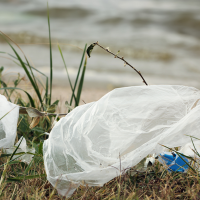Makerspaces are a new form of community engagement. A makerspace, sometimes also referred to as hackerspaces, hackspaces, and fablabs are creative, DIY spaces where people can gather to create, invent, and learn. NESTA has just created an open dataset of UK makerspaces with some very interesting findings. Along with making, people most often visit makerspaces to socialise and learn. Most makerspaces offer additional services and support--tool inductions, formal courses, and informal help to users. Some even run school programmes, a wonderful way to engage and re-engage diverse age cohorts.
Are makerspaces the new community centre, or should existing community centres move to more multifunctional places to include a makerspace? Several questions arise from the dataset. How do these spaces affect learning and education, civic engagement, entrepreneurship, manufacturing and design, and technological innovation? What kinds of communities, knowledge, and content are emerging from them? What makes them distinct from other common spaces (like libraries), or sites of productions (like craft studios)? How can they influence more sustainable forms of consumption and production, or civic engagement?
- Log in to post comments



CRC Comments